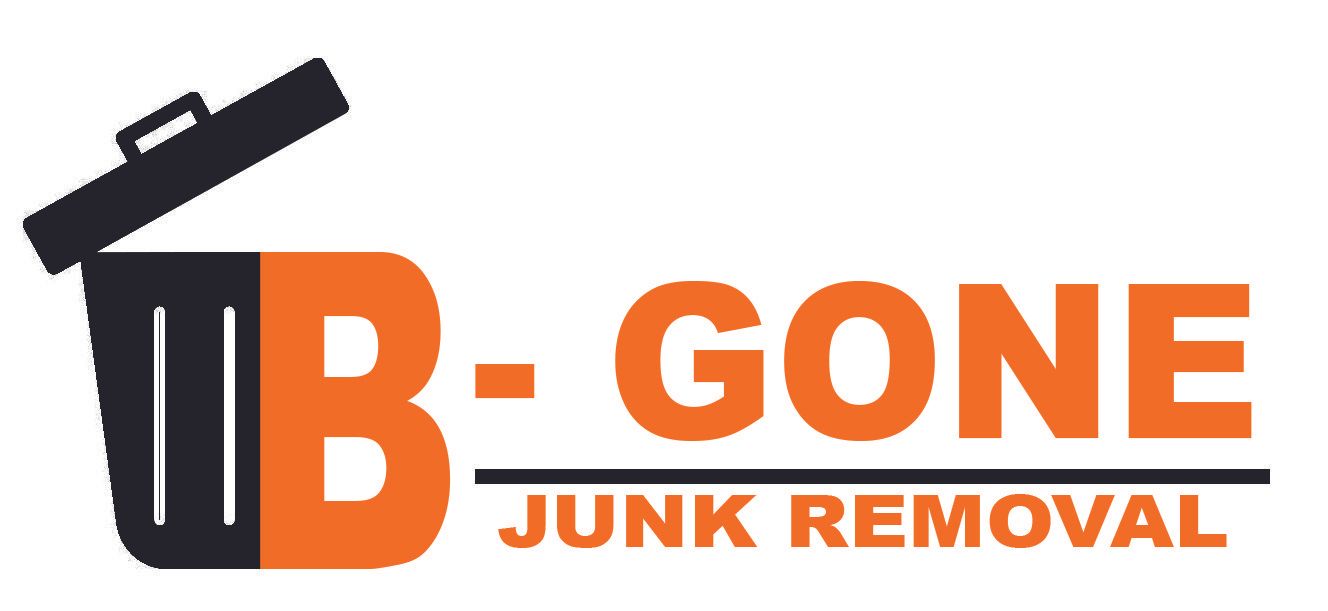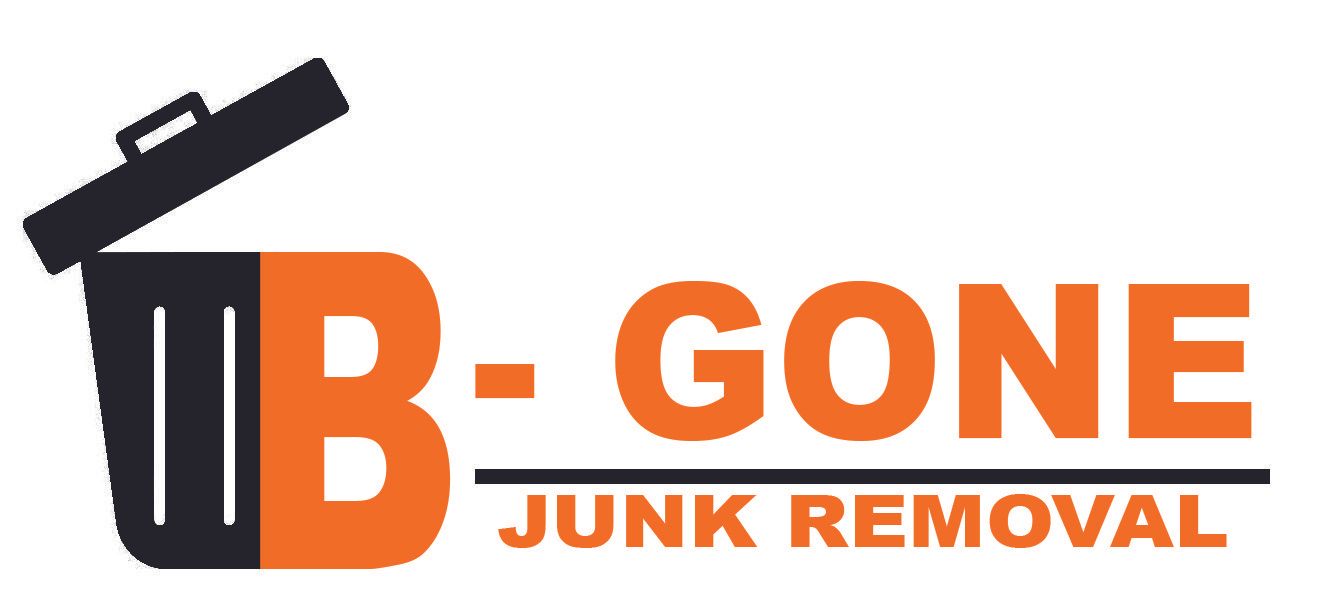
Recycling Unwanted Items – A Practical Guide to Sustainable Decluttering
Decluttering your home or office doesn’t mean everything has to end up in a landfill. Recycling unwanted items is a sustainable way to manage waste while protecting the environment. From outdated electronics to old furniture, many items can be recycled, repurposed, or donated. In this guide, we’ll explore practical steps to recycle unwanted items, tips for eco-friendly disposal, and when to consider professional junk removal services.
Why Recycling Unwanted Items is Important
1. Reduce Landfill Waste
Recycling diverts waste from overcrowded landfills, helping to conserve space.
2. Conserve Natural Resources
Materials like metal, plastic, and glass can be reused, reducing the need for new raw materials.
3. Lower Carbon Footprint
Recycling uses less energy compared to producing new products from raw resources.
4. Support Local Communities
Donated items can help families in need while extending the life of usable goods.
Steps to Recycle Unwanted Items
1. Sort Your Items
Separate items into categories: recyclables, donatables, and non-recyclables.
2. Research Local Recycling Programs
Check community facilities and curbside programs for accepted materials.
3. Donate Usable Goods
Drop off gently used items at local charities, thrift stores, or shelters.
4. Utilize Professional Recycling Services
Hire eco-conscious junk removal companies for large-scale recycling.
5. Safely Dispose of Hazardous Materials
Items like paint, batteries, and chemicals must go to certified hazardous waste facilities.
Common Items You Can Recycle
| Category | Examples of Items | Recycling Method |
|---|---|---|
| Electronics (E-Waste) | TVs, laptops, smartphones | Certified e-waste recycling facilities |
| Furniture | Chairs, tables, dressers | Donation, recycling, upcycling |
| Plastics | Bottles, containers, packaging | Local curbside recycling programs |
| Metals | Aluminum cans, steel, copper wiring | Scrap metal recycling centers |
| Textiles | Clothing, bedding, curtains | Donation, textile recycling programs |
| Appliances | Refrigerators, microwaves, dishwashers | Metal recycling, donation |
Steps to Streamline Junk Removal for Landlords
1. Assess the Property
- Take inventory of the items left behind to determine what can be recycled, donated, or discarded.
2. Hire a Professional Junk Removal Service
- Partner with a company experienced in rental property cleanouts for efficient service.
3. Separate Recyclables and Donations
- Identify items that can be repurposed or given to local charities.
4. Schedule Junk Removal Before Repairs
- Ensure the space is cleared before contractors begin any maintenance or renovations.
5. Use Dumpster Rentals for Large Jobs
- If the property requires significant cleanout, consider renting a dumpster for convenience.
Benefits of Eco-Friendly Junk Removal for Landlords
1. Reduce Environmental Impact
- Recycling materials like metal, plastic, and electronics minimizes landfill waste.
2. Support Local Charities
- Usable furniture and appliances can be donated to help families in need.
3. Save Money on Disposal
- Many junk removal services include recycling and donations in their pricing, reducing landfill fees.
4. Enhance Community Reputation
- Landlords who prioritize sustainability foster goodwill among tenants and neighbors.
FAQs About Junk Removal for Landlords
1. Can junk removal services handle large property cleanouts?
- Yes, most providers specialize in clearing out entire properties, including large items like furniture and appliances.
2. How quickly can services be scheduled?
- Many companies offer same-day or next-day services for urgent cleanouts.
3. Do junk removal services recycle items?
- Most reputable providers prioritize recycling and donations to minimize landfill waste.
4. What happens to items that can’t be recycled or donated?
- Non-recyclable items are disposed of according to local waste management regulations.
5. How do I choose the right junk removal company?
- Look for licensed, insured providers with strong customer reviews and transparent pricing.

